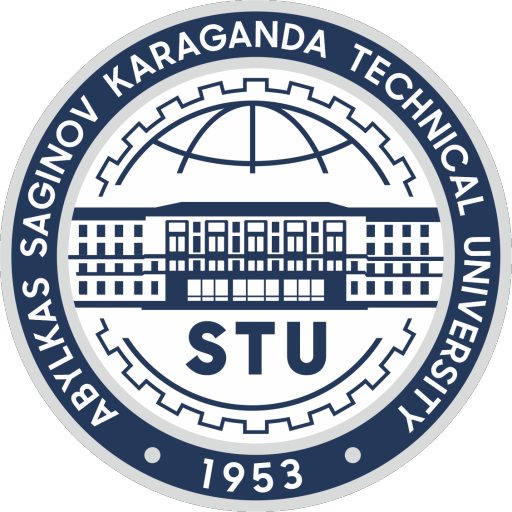List of training programs in non-formal education
| No. | Name of training program |
Program description |
Category of students |
| 1. | Digital storytelling |
Writing stories, blogs and scripts in English. Using modern platforms for publishing and promoting content |
Students |
| 2. | Technical English for Engineers |
Focus on specialized vocabulary and phrases used in engineering disciplines such as mechanical engineering, electrical engineering, civil engineering and others. |
Manufacturers |
